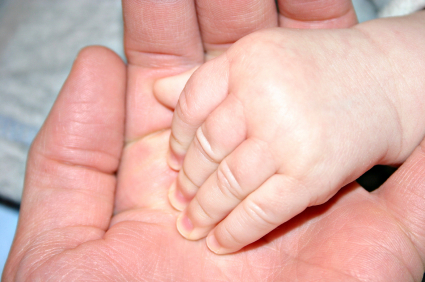 Often times there are things we say (or text, or write) glibly out of habit without considering the full weight of their meaning. Awhile ago, I realized that my response to some situations in my friends’ lives fit into this category. I would follow-up on something that was going on, get the update and then quickly respond, “Still praying!” It was my way of letting them know that I hadn’t forgotten and that I was still shooting up prayers on their behalf. This is a good thing, but the nature of my prayer time wasn’t. I would petition God on their behalf, but it would be a quick request hastened to the Throne Room, and I would immediately be about whatever I had previously been doing. I had forgotten the “still” part of being prayerful. In this case, my prayers were a one-way conversation, intent on checking that prayer request off the list.
Often times there are things we say (or text, or write) glibly out of habit without considering the full weight of their meaning. Awhile ago, I realized that my response to some situations in my friends’ lives fit into this category. I would follow-up on something that was going on, get the update and then quickly respond, “Still praying!” It was my way of letting them know that I hadn’t forgotten and that I was still shooting up prayers on their behalf. This is a good thing, but the nature of my prayer time wasn’t. I would petition God on their behalf, but it would be a quick request hastened to the Throne Room, and I would immediately be about whatever I had previously been doing. I had forgotten the “still” part of being prayerful. In this case, my prayers were a one-way conversation, intent on checking that prayer request off the list.
This isn’t to say that “arrow prayers,” as we used to call them in Sunday School, are a bad thing. Shooting requests and praises to God at the moment of their recognition is good and is part of the way that we fulfill the command to pray continuously. However, just like our conversations with loved one wouldn’t be very fruitful if all we were doing is quickly going through the list of things we needed to tell them, so our prayer life is poor when our conversation is mostly about us. Prayer is the process of putting ourselves at Christ’s feet – to honor and worship Him and to align ourselves with His priorities. It is not about having our priorities become His.
This means that at least some part of our prayer life needs to be in stillness before Him. We need to meditate on Who He is and what His Word says. We need to allow His Holy Spirit to speak to us rather than our prayer time being consumed with our voice. We need to keep praying for things, to be sure, but we also need to make sure that there are times that we are still, and we are praying.
After all, the Christian life is about following Christ, and if our prayers are only about our desires, it’s going to be very hard to know and submit to His.
How do you make sure that there are times of stillness before God?
